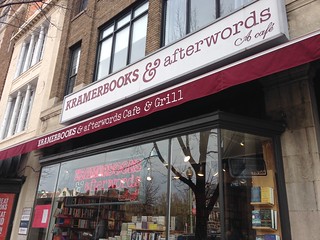My book shelves are overflowing. I indulged my book buying habit freely in 2017, both locally and nationally, with a particularly interesting haul from the Tattered Cover Book Store in Denver, Colorado.
Now, it’s time to read. I am not making any promises about not buying any more but at least for now, my reading plans revolve around books already on the shelves. In addition, I want to explore some of the diverse genres that I’ve collected including graphic novels, poetry and essays. Poetry and essays especially seem to demand a different kind of reading: more slowly, over time. Time is needed to explore and savor before moving onto the next piece. While some of this reading will come from my library, others will come from other places. I have an oft-neglected subscription to The New Yorker and have committed to at least an hour or so a week attending to it.
For January, I’ve pulled a few volumes off the shelf:
- Essays After Eighty, Donald Hall
- The Selected Poems of Donald Hall
- Persepolis, Marjane Satrapi
The Donald Hall books came from my buying spree at Kramerbooks in Dupont Circle, Washington, DC.
I am going to join the book group at my local library. The book for January is We Never Asked for Wings. I have a copy on my Kindle and suspect I will dive in this weekend.
I’ve begun pulling books together for the rest of 2017 but that’s for another blog post…

